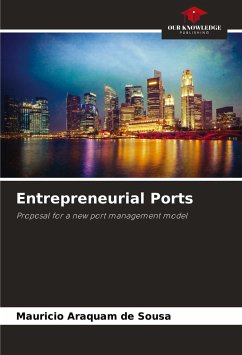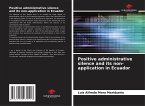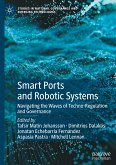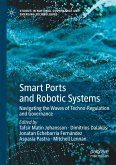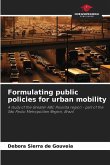Various port management models in the world allow the port administration to quickly re-evaluate the conditions initially agreed with the terminals for the provision of cargo storage and transhipment services, generally by simply renegotiating contractual clauses (regarding deadlines, areas assigned, tariffs, etc.). In this sense, the legal model of leasing, which is currently predominant in the Brazilian port sector, as it assures the lessee an exclusive and practically unalterable right of use over the leased area for the entire period of the contract, is not the most suitable for port services, as it ends up making it difficult or even impossible to quickly reassess conditions and rearrange spaces within the port. After an in-depth study of the subject, the author presents a proposal for restructuring the current legal model, so that this new model can be used to generate greater autonomy and efficiency for public port administrations, with positive repercussions for the country's logistics chains and transportation systems.
Bitte wählen Sie Ihr Anliegen aus.
Rechnungen
Retourenschein anfordern
Bestellstatus
Storno

